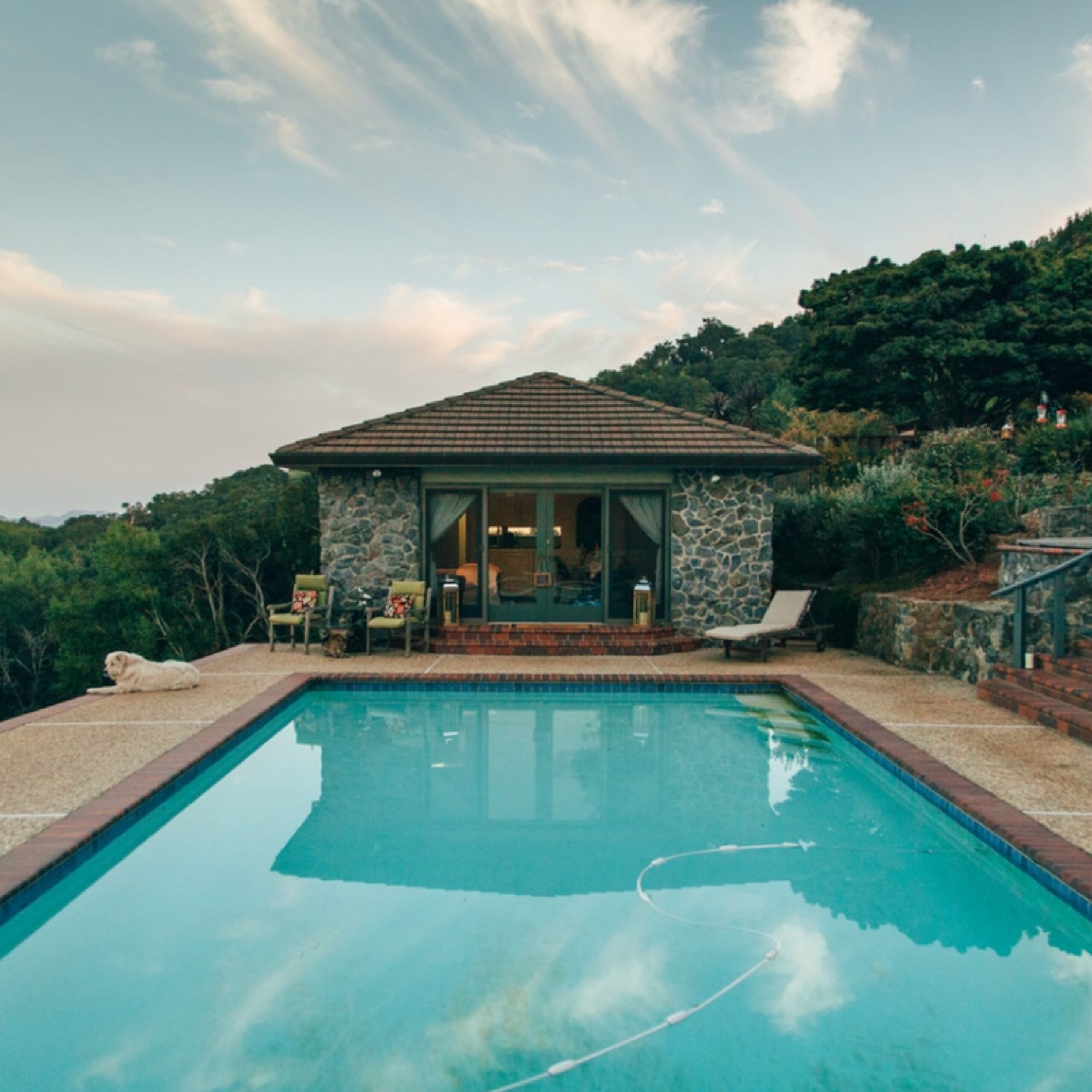There are a few reasons why swimming pools have become so incredibly popular among homeowners. The first is, very obviously, the enjoyment factor. There’s nothing quite like having your own pool in the warmest months. The other is that having your own pool is great for relaxation and exercise, and a fantastic way of taking greater control over your fitness and health. However, there are some challenges involved with building your own swimming pool, and you should never start building your pool without assessing these factors first. Plan the right way and your pool could be the addition to your property that you always dreamed of.
Talk to experts
Property experts should always be your first port of call. Talk to local realtors about property prices in your area. They will know how much value a pool will add to your property. It could be that there is a little call for it in your area, but the majority of homes will be able to ask a slightly higher price with the addition of a pool.
- For most people, a pool addition won’t add a significant amount to the overall property value, although it may well increase your property taxes.
- You should be aiming at spending no more than 15% of your property’s total value, or you run the risk of overspending.
Setting up in advance
You will need to prepare if you decide to go ahead with your pool. Unless you have an army of helpers with shovels, it’s a good idea to make use of a mechanical digger. Pools can take a long time to dig by hand, and you’ll reduce your overall time with some industrial help. The other factor you’ll need to consider is what to do with the excess soil. You’re going to need to rid yourself of that soil, and this could be a big job. It’s often worth contacting a local dumpster company, with Dumpster Maxx offering a variety of Roll Off Dumpster Denver options to choose from. Make sure that you have the right equipment in place to prevent wasted time on your pool.
Design considerations
There are a number of different pool types available, so don’t just dive into a decision. Look at infinity pools and lap pools for the current trends, but you can even design your own style. Look at the space that you have available and think about local materials that are available for lower costs. Those materials can contribute a lot to your overall pool pricing, so if you can reduce the amount you pay due to local availability, all the better. The average pool can cost anywhere from $10k to $60k, so it’s important that you know your budget and work to the limitations that you set yourself.
Planning permission
In the majority of cases, a swimming pool is classified as a permitted development. You will need to remain within the boundaries of your property and behind the building line of your front-facing property. If you’re going for the addition of a designated building to cover your pool, you will usually have to stick to one-story only, although some states differ in their guidelines. Check with experts in local housing laws to make sure that you aren’t stopped halfway through your project.
Worst case scenario, you can always go with an popular pool alternative.






